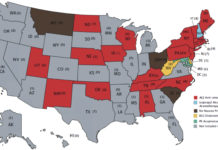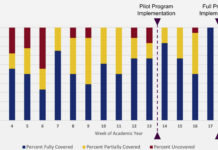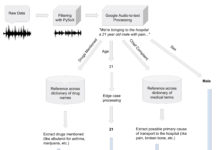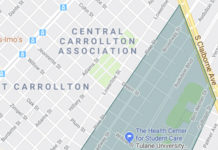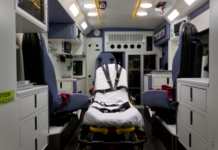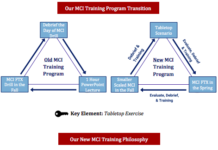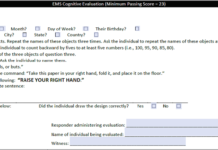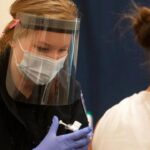Integrating Continuing Education Credits to a Collegiate EMS Training Model
The University of Pennsylvania Medical Emergency Response Team implemented a program to integrate continuing medical education (CME) credits into their training curriculum.
No IV, No Problem: A Cross Sectional Analysis of Antiemetic Therapies in Statewide...
Based on a cross-sectional analysis of statewide EMS protocols in the United States, adoption of BLS protocols for the treatment of nausea remains low.
Development of an Excel-Based Software Solution to Collegiate EMS Shift Scheduling & Placement
The University of Pennsylvania Medical Emergency Response Team created a Microsoft Excel-based software system to schedule providers for shift coverage.
SIREN: Schema In-Fill Rendered from Entry Notifications
Massachusetts Institute of Technology EMS created an end-to-end tool that converts audio files of hospital entry notes into text-based entries in a user-friendly database.
Free of Charge: Analysis of an Urban Collegiate EMS Agency
Herman et al. conducted a retrospective review of itemized billing forms from Tulane EMS. The financial costs saved by students due to the availability of Tulane EMS were estimated.
Designing Safety into Ambulances
Massachusetts Institute of Technology EMS designed an innovative new ambulance, incorporating best practices and current evidence to enhance provider safety.
Utilizing a Scramble Crew Approach to Achieve 24-Hour Coverage
In 2016, Muhlenberg College EMS reinstituted daytime response, incorporating Active 911, a digital messaging system, and an all-call, scramble crew model. Since the new response plan began in March of 2016, Muhlenberg College EMS has responded to 47 calls that may have otherwise been ignored, at a response time shorter than that of normal duty crew responses.
Expanding Collegiate EMS Agencies
Expanding EMS agencies face many challenges pertaining to on-scene operations, administrative oversight, and sustainability. Yale EMS (YEMS) faced a $5000 budget deficit, inconsistent training of probationary members, and a high incidence of equipment deficiencies, delayed response times, and unsafe scene conditions. YEMS addressed these concerns using a three-pronged approach tackling Operations, Administration, and Sustainability challenges.
MCI Training Program
In 2010, the University of Pennsylvania Medical Emergency Response Team (MERT) initiated the Mass Casualty Incident (MCI) training program. To better prepare student-EMTs to respond and manage a disaster scene, MERT is implementing a tabletop exercise module to ensure that MERT members are fluent in the Incident Command System (ICS), familiar with the MERT MCI operating guidelines, and able to size-up a scene appropriately.
“Continuing Care” with EC-ERT
EC-ERT created a program called “Continued Care” (CC) to provide a prehospital care resource for patients who required additional time to monitor their condition until care could be terminated. Through its design and implementation, CC reduces non-emergent ALS transports, thus reducing strain on the county EMS system and local emergencies rooms.


